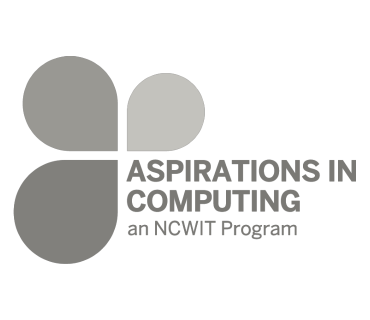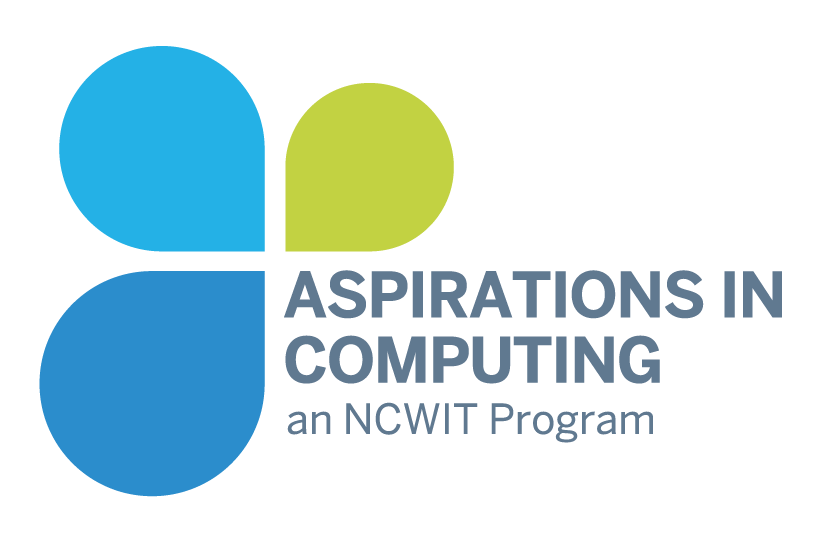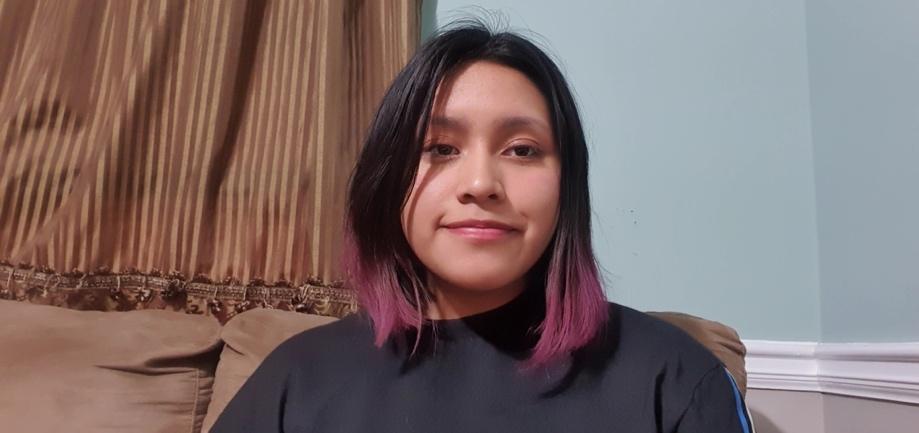
Cybersecurity is a highly in-demand field, with over 460,000 current job openings solely in the United States that are not being filled. Each and every day you see in the news about a new cyber attack on businesses, or people’s data being compromised due to lack of cyber awareness.
Teacher Perspective
Cybersecurity is a highly in-demand field, with over 460,000 current job openings solely in the United States that are not being filled. Each and every day you see in the news about a new cyber attack on businesses, or people’s data being compromised due to lack of cyber awareness. This has made teaching cybersecurity to high school students even more important, both to help the workforce as well as to offer students opportunities for high-paying jobs that do not always require a college degree. Although the representation of women in computer science is growing, the field of cybersecurity is much less diverse. Increasing representation in cybersecurity classrooms and clubs is a major issue that computing educators are facing today.
My name is Philip Peavy, and I am a 2021 National Center for Women & IT (NCWIT) National Aspirations in Computing Educator Award Winner. When I began teaching computer science in 2015, I immediately saw the disparity in gender representation in my courses. This is when I learned how powerful doing Project Based Learning units can be to include all students because of the authenticity of the connections between our content and careers where students learn the content while building a project that simulates real-world tasks. After implementing engaging projects, I saw a huge increase in women involved with computer science courses!
I was introduced to the NCWIT Aspirations in Computing (AiC) program when one of my eleventh-grade students applied and received an Honorable Mention from the local Georgia Affiliate. It was an honor to see her celebrated, and it boosted her confidence so much that now she is pursuing computer science at Georgia Tech. This is when I saw the importance of honoring and celebrating students who are underrepresented in computer science.
A few years ago, I was approached about starting a cybersecurity program at my school. Having no background in the field and a love of learning new things, I said yes. After three years, I have boosted the program to have over fifty pathway completers, with students earning certifications in the areas of networking and security. More than a hundred students are currently enrolled in our program, even during a pandemic. Around 76 percent of the students in the program belong to groups that are underrepresented in the area of cybersecurity, with 17 percent of the participants currently being served in ESOL classes because of their power of being multilingual, and 35 percent of the students in the program identifying as female.
A big increase in the number of women in our program has been due to some of my women students who are leaders sharing their love of cybersecurity with others. The first year of our club’s existence, there was one woman student. The next year, after some recruiting, that number increased to five. This group worked together and strengthened their cyber skills. They participated in a Capture the Flag event held by CyberStart specifically for women and thrived. They started to teach the other members of our club and placed 6th in the state of Georgia. This group went on to recruit more women, helping to grow our club to more than 60 members, with 40 percent being women.
Student Perspective
My name is Alondra Rajxac and I am a senior in high school. I was awarded the NCWIT Award for Aspirations in Computing Honorable Mention (2021) and Rising Star (2020). Starting high school, I was so overwhelmed by not knowing what job I wanted, what career, what path. But after being introduced to cybersecurity, it changed my life! It has given me hope and a chance to see that I am good at something. As a Hispanic female, there are many factors that can limit how far I will take my education after high school. But after being in tech classes and taking cybersecurity, I noticed that there was hope thanks to my cybersecurity teacher, Mr. Peavy, who arranged for us to attend meetings with people in cybersecurity careers. I discovered that it is mainly about your skills, and it is okay to be learning and not to know everything immediately. Although I’m not the most outstanding student, my cybersecurity classes gave me a passion to pursue a career, and also to motivate others to give cybersecurity a thought – especially girls, because there are fewer women in the cybersecurity field.
After being recognized by NCWIT and CyberStart America, I feel like an expert, even though I know I have more to learn. At the beginning of my freshman year, I was so stressed that I lost my sense of what I wanted to be and what I wanted to study in the future. But when I started to take computer science classes, it was as if I had found a purpose. This was such a relief for me to know somewhere to start. And there are so many options to learn and many areas of work. It’s truly fascinating.
Combined Perspective
 Along with the other women in CyberPatriots, we are still working on making sure to encourage and share the new world of cybersecurity with more women. One way we’re doing this is by encouraging students who are women, genderqueer, or non-binary to apply for the Award for Aspirations in Computing by November 5th, 2021. Educators who endorse a student’s application are eligible to apply for an NCWIT AiC Educator Award as well. It is all about building up a supportive community for women in computer science and IT.
Along with the other women in CyberPatriots, we are still working on making sure to encourage and share the new world of cybersecurity with more women. One way we’re doing this is by encouraging students who are women, genderqueer, or non-binary to apply for the Award for Aspirations in Computing by November 5th, 2021. Educators who endorse a student’s application are eligible to apply for an NCWIT AiC Educator Award as well. It is all about building up a supportive community for women in computer science and IT.About the Authors
 Alondra Rajxac is a senior at Paul Duke STEM High School and is looking to pursue a degree in Cybersecurity after graduating high school. Alondra has been a part of the CyberPatriot club for 3 years and enjoys learning about penetration testing in Capture the Flags.
Alondra Rajxac is a senior at Paul Duke STEM High School and is looking to pursue a degree in Cybersecurity after graduating high school. Alondra has been a part of the CyberPatriot club for 3 years and enjoys learning about penetration testing in Capture the Flags. Philip Peavy is a Computer Science and Cybersecurity teacher at Paul Duke STEM High School in Gwinnett County Public Schools in Norcross, GA. He has been teaching for nine years with seven of them being in Computer Science. He enjoys using new innovations in technology and supporting Multilingual Language Learners in areas of Computer Science and is a teacher leader for CSTA’s CSforEL program. He was awarded the 2021 NCWIT AiC National Educator Award Winner.
Philip Peavy is a Computer Science and Cybersecurity teacher at Paul Duke STEM High School in Gwinnett County Public Schools in Norcross, GA. He has been teaching for nine years with seven of them being in Computer Science. He enjoys using new innovations in technology and supporting Multilingual Language Learners in areas of Computer Science and is a teacher leader for CSTA’s CSforEL program. He was awarded the 2021 NCWIT AiC National Educator Award Winner.